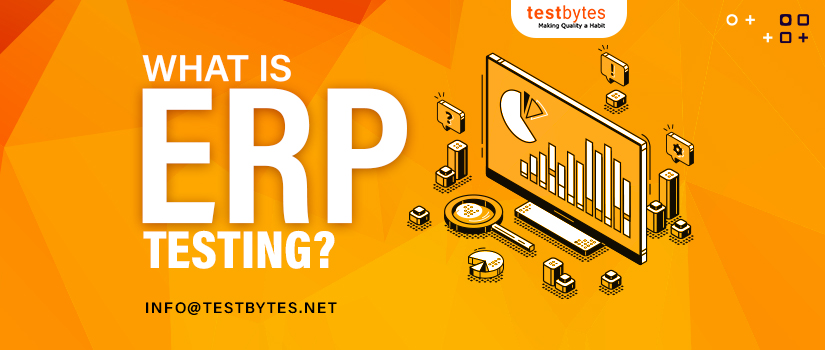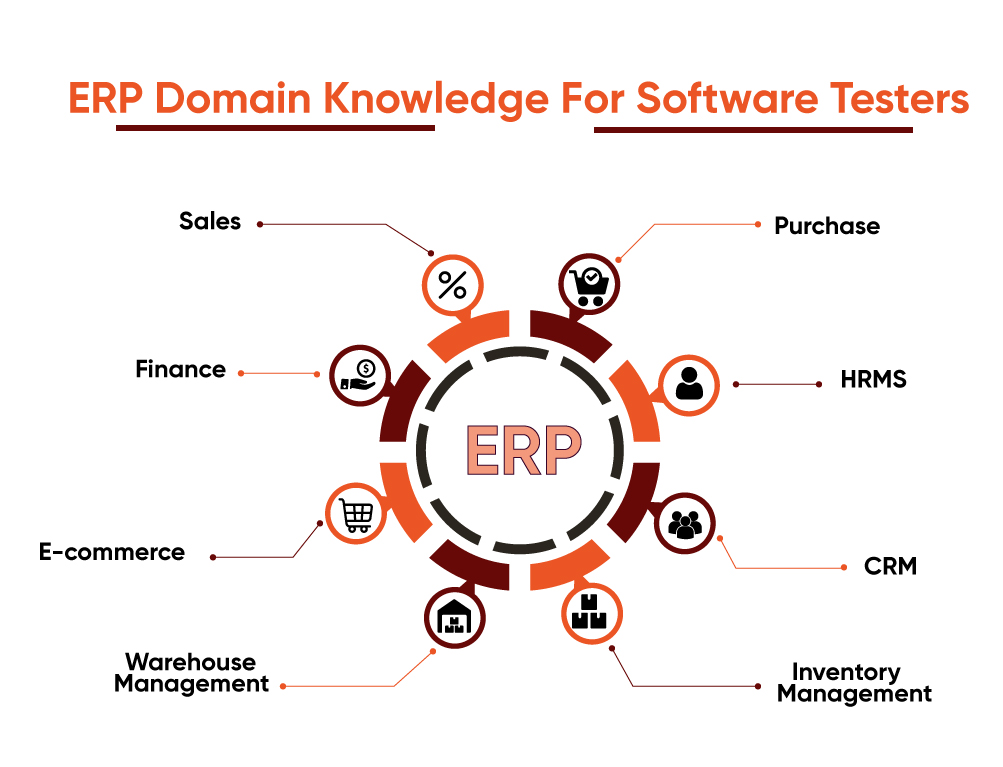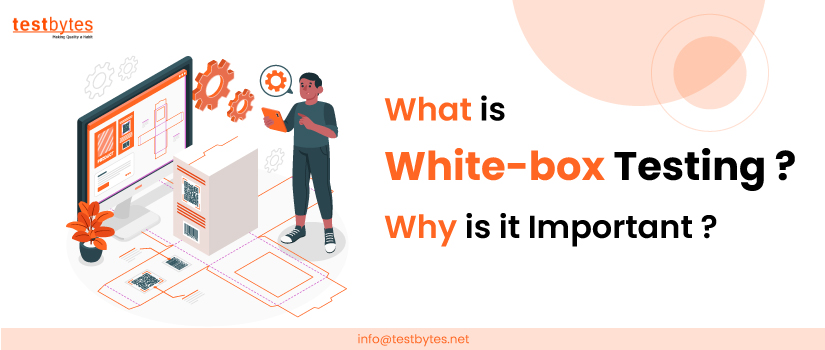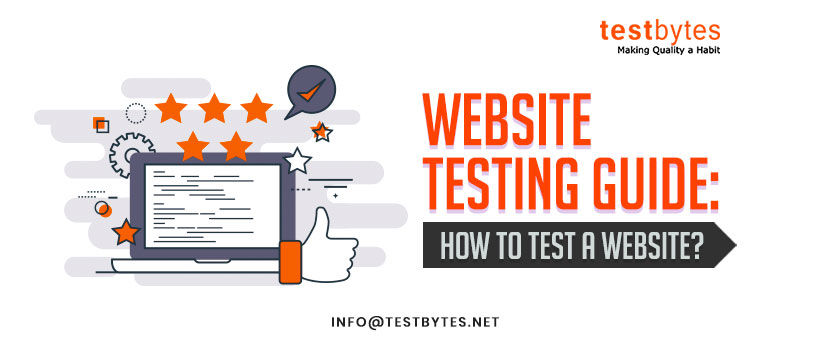
What is ERP Testing? and why is it important?
January 15th, 2024

ERP Testing aka Enterprise Resource Planning software testing is an essential organization as it helps to keep a check on its workflow and technicalities so that there is no room for a mishap.
What is ERP?
ERP (Enterprise Resource Planning) is a software that controls the core processes in a company like HR, Payroll, finance, manufacturing, etc. It helps to integrate all these different sub-systems in one place in a way that enables the easy flow of data and information from one system to the other.
More and more companies are switching to ERP systems to do away with a lot of monotonous and manual data entry work.
With ERP system in place, tedious manual work can be avoided like for example when a new employee joins the organization, a person record is created for him, based on his salary grade the leaves are automatically credited in the HR system, salary calculations get done in the payroll along with employee and manager profile creation in respective sub-systems.
What is ERP Testing?
ERP testing is a specialized form of manual or automation test done on the ERP software to ensure that it is working as expected.
The reason why ERP testing is so important is that each company had the option to customize the rules in ERP software as per their policies.
This calls in for extensive integration testing to validate that the ERP system is set up in line with the company’s needs.
In most cases, ERP testing can be considered as the testing of any other application software apart from the difference that for better testing the ERP system it is important for the user to understand how and where the data flows and which are the different sub-systems where the data is saved.
This is the most critical aspect of ERP testing. Domain knowledge is very important to get good results.

Also Read:- How to Test a Bank ERP System
Different Types of ERP Testing
Just like any other testing, there are different types of testing that ERP software goes through different types of testing phases to make sure it is reliable, stable and scalable too. Here are some of the most commonly used testing for ERP.
- Functional Testing: It is done to ensure that each module performs each function as expected once the organization related customizations are done.
- Integration Testing: This is the most critical part of any ERP testing and needs in-depth functional and domain knowledge in the software as well as the company policies. In integration testing, one needs to focus on data and information flow across the different modules of the ERP system. The accuracy of the data needs to be validated along with modules where all it gets impacted.
- Performance testing: based on the size of the organization a performance testing may be needed to see how the software performs under load and what is the TPS (transactions per second) supported by the software. While is most cases in the load on the system would be negligible since people may not log in regularly but there can be a significant load during situations like when the hike letters are released, the last day of investment declarations, last day of proof submissions, etc.
- Security Testing: ERP solution contains end-to-end employee and employer data. It is thus, very important that only the authorized personnel are given access to sensitive data that too on need basis. This is will also help to minimize the chances of data theft. Most companies would do a phased rollout of the ERP software modules. This calls for a regression testing each time a new suite or module is launched after customizations.
- User Acceptance Testing (UAT): User Acceptance Testing plays an important role in ERP
systems. UAT testing ensures that the ERP system not only works flawlessly but is also easy to
understand by its users. - Stress Testing: Stress testing validates the strength and reliability of ERP systems during
stressful conditions. It involves loading the system with loads and volumes to verify its breaking
point. The purpose is to find the potential bottlenecks that may hamper its operation under
stress. - Recovery Testing: Recovery testing measures the capacity of an ERP system at which it can
recover after failure. It is a type of performance testing that validates the system’s ability to
recover from failures. - Regression Testing: Regression testing is very important for ERP systems. It involves testing
the same functions repeatedly after any updates or changes are made to the system.
Regression testing verifies that new features do not add any bugs and issues to the existing
system. - Exploratory Testing: Exploratory testing is a great method to find subtle problems in ERP
systems. It focuses on the free exploration of the system’s features without adhering to
predefined test cases.
Why Automated ERP testing is effective?
- Reduces implementation time to a great extent
- There are many processes and sub-processes involved in ERP. Software with such complexity requires test automation to discover bugs as quickly as possible.
- Test automation ensures that all the processes involved in the implementation of ERP in your organization happen in the correct manner.
- Verification of a centralized data source is cardinal for any ERP application. Test automation helps you test data process and security.
Tips for quick and effective testing of ERP
- Make sure that everything has been tested before implementation
- There are no such things as too much testing. Test the ERP application with as much as scenario possible
- Do not rush others into production and implementation
- A designated test manager has to be assigned to the project
Market Leaders in ERP Solutions
The use of ERP solutions is on the rise. Many companies are looking to make the switch and those who are already there are trying to take more benefits from the implementation. It is important thus to choose your ERP software provider wisely. Always keep in mind the quality and scalability of the software before buying it.
Here is the list of top 10 ERP product developers in the market today:
- SAP – the undoubted leader in ERP Solutions.
- Oracle – A close second with traditional PeopleSoft as the base.
- Microsoft Dynamics
- IFS Applications
- Inuit QuickBooks
- FIS Global
- Fiserv
- Cerner Corporation
- Constellation Software Inc.
- Infor
What is SAP ERP testing?
It’s similar to testing any other ERP software testing. Here the only difference is SAP is the provider. Whatever changes you make on SAP ERP has to be tested to ensure that the entire system is working fine.
Those who test the ERP system must have impeccable knowledge in it.
Phases involved in SAP ERP testing
Test preparation phase
- Identification of the business model
- Automated + manual test case development
- Test suites creation
- Test system set up
- Test data creation
Test execution phase
Execution of tests, reporting and defect handling happens in this phase.
Test evaluation phase
Analysis of test plans, defect analysis, process documentation happens in this, phase.
How to make ERP testing successful
ERP testing can be successful only with a certain level of business logic and understanding of the inter-relation between the different sub-systems or modules. Read on as we share some pointers to make your testing activity more fruitful and the application more robust.
- Spend time on UAT: the testing done by real users is very important for the success of ERP products. This is because they will be aware of the nitty-gritty of the system and how it interacts with other modules. They are the best people to find out issues and suggest enhancements to the software.
- Test as much as you can: While it may sound lame when it comes to testing ERP solution, no amount of testing can be enough. The complexity would keep growing based on the number of modules that are implemented and the number of inter-related data points.
- Drive the implementation professionally: Have a project plan, a project manager, identify the risks, have a mitigation plan ready, create a backup plan and so on. This will ensure better tracking of the implementation as well as the enhancements.
- Automate: Automation comes in very handy for most testing activities. It is a boon for ERP testing. Go for it. The main advantage of automation in the case of ERP solutions is to help validate the functionality and the data points after every module is released. Manually it can be a very cumbersome and error-prone process.
- Follow the process: Being an in-house implementation, people tend to overlook the importance of following the right standards and processes. Do not make this mistake. Stick the test plan and follow every bit judiciously for the best results.

Challenges in ERP Testing
ERP testing is a special niche and not all functional testers can be ERP testers. This creates some challenges when it comes to ERP testing. Here we talk about some of the most obvious challenges:
- Getting the right testers: Testers with extensive experience in ERP testing are hard to find. The success of the ERP testing would depend on their expertise and the amount of domain knowledge they have.
- Integration with other systems: ERP solutions are like a single store of data and information. There can be to and fro data communication from the ERP software to other third-party tools. Establishing and testing this integration is still an open challenge.
- Dealing with complex business rules: the customization if the ERP system is governed by business rules that drive the flow of information and data from one module to another. Setting up and testing these complex business rules thoroughly can be quite challenging.
- Performance Issues: Adhering to SLA’s and performance standards can become challenging for big sized organizations if a proper load and performance testing are not performed.
ERP Domain Knowledge for Software Testers

Using Test Management Systems to Improve ERP Testing
The test management system simplifies administrative issues and accelerates feedback
incorporation in the ERP testing.
It also optimizes ERP testing by providing an integrated platform for test planning, test case
execution and analysis. Some of the reasons to use the TMS system to improve ERP testing
are:
Improved Test Planning:
Test Management System leads to effective test planning. Test managers can specify and
structure test cases systematically. They can also track progress and identify interdependent
test cases. This improves the overall planning phase, ensuring a thorough testing strategy.
Better Test Execution:
The Test Management System facilitates scheduling and assigning the test to a specific tester.
This increases accuracy and collaboration in this testing stage.
Enhanced Collaboration:
Test Management System helps testers communicate with developers and other stakeholders
while sharing information.
Greater Visibility:
A Test Management System provides insight into test status, issues identified and results that
have been completed. It increases visibility, and decision-making throughout the testing
life-cycle.
Significance of ERP Testing
One cannot ignore the importance of ERP testing, knowing how complicated it can be to ensure
that everything works properly and fits business needs. It requires careful planning and
implementation to ensure effective system performance. ERP testing ensures:
Functional Accuracy:
ERP systems, known for the complexity and integration of varied business processes, require
rigorous testing to validate the successful functioning of the system. It ensures that the ERP
system functions as predicted giving a detailed evaluation of its operational capacities.
Issue Identification and Resolution:
One of the primary goals of ERP testing is to identify and fix problems or bugs in the system.
Identifying and resolving these issues before system implementation helps avoid potential
problems.
Alignment with Organizational Needs:
Testing ensures that the ERP system matches the demands of the organization. This thorough
validation process helps to increase the overall efficiency of implementing ERP.
Risk Mitigation:
It is very important to do a thorough testing of the ERP system for risk reduction after its
implementation. Testing identifies possible problems and avoids operational disruptions after
deployment.
Conclusion
While it is true that the ERP system makes the life of the people in the organization much easier after its implementation. The customization, implementation and testing phases would need a lot of planning too. It is thus important to plan the ERP testing well with proper resources and budget.
Rest assured that once the testing is completed successfully, there will be no looking back to the manual ways of capturing and reporting data.


 Software Testing Events
Software Testing Events App Testing
App Testing Web App Testing
Web App Testing Game Testing
Game Testing Automation Testing
Automation Testing Load Testing
Load Testing Security Testing
Security Testing Performance Testing
Performance Testing Hire a Tester
Hire a Tester






